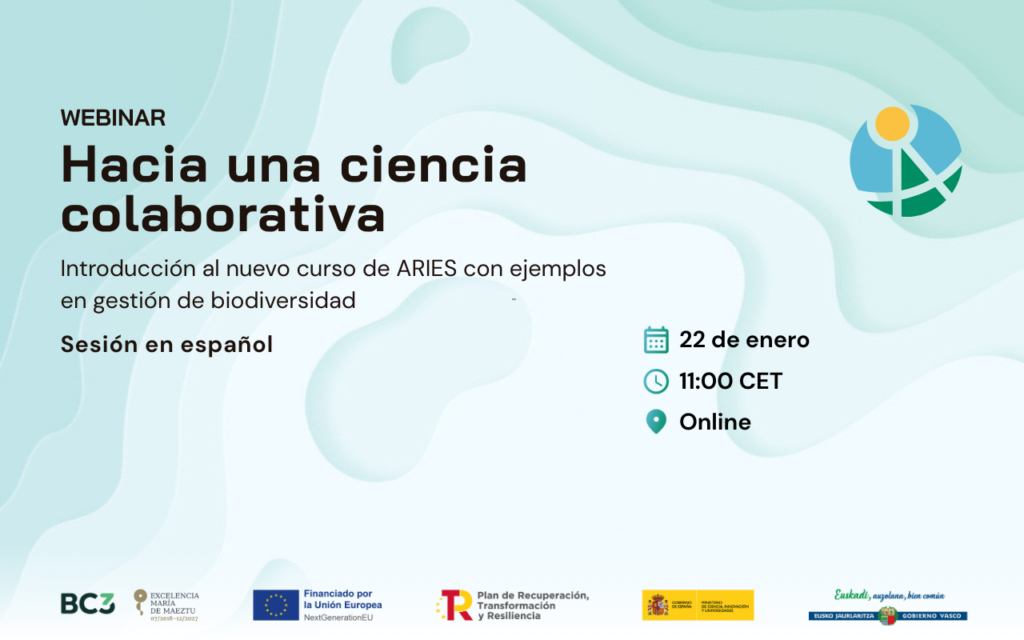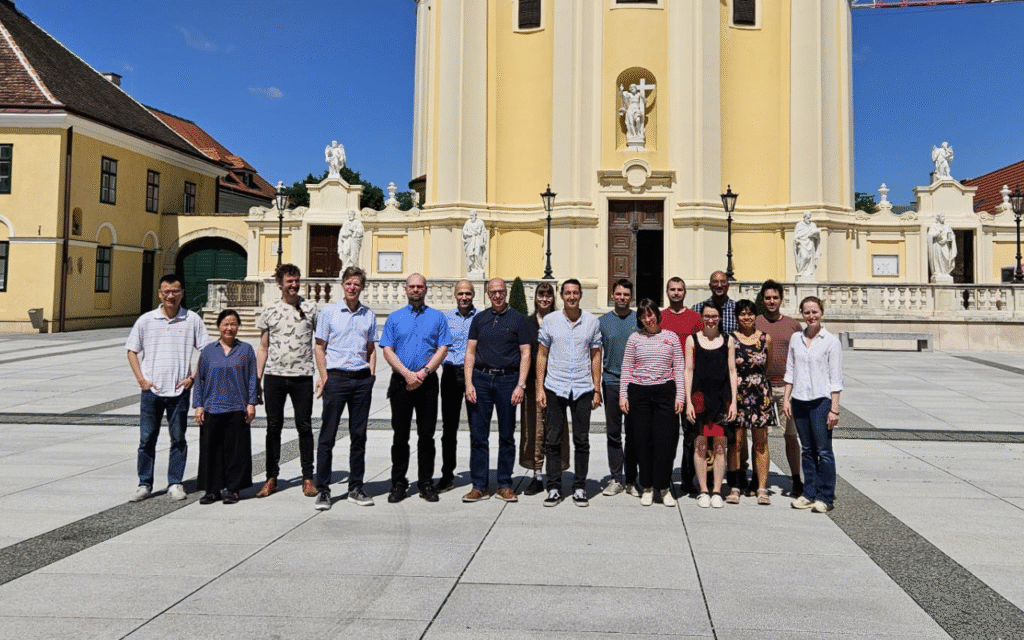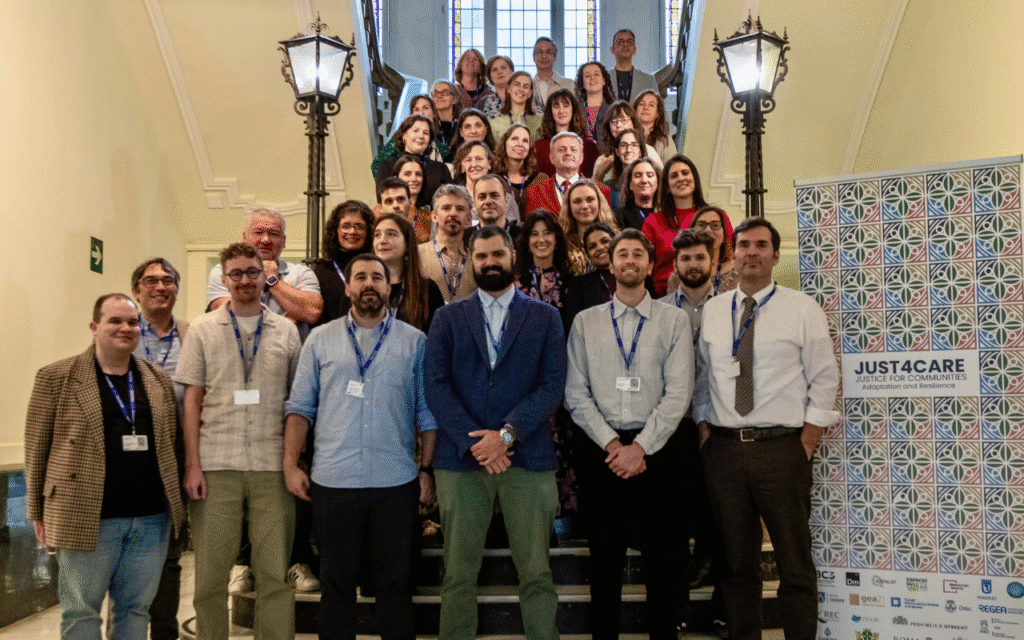Almost everything we hear about artificial intelligence (AI) today is actually machine learning, and more specifically deep learning. This category of algorithms works by using statistics to find patterns in data, and it has proved immensely powerful in mimicking human skills.
But though deep learning has singlehandedly thrust AI into the public eye, it represents just a small blip in the history of humanity’s quest to replicate our own intelligence.
In order to deepen AI-powered technologies beyond deep learning, the Basque Centre for Climate Change (BC3), in collaboration with the Basque Center for Applied Mathematics (BCAM) are organizing the “AI for the Wellbeing and Sustainability of Societies” course.
The learning program, which will be held virtually on 9-11 June, 2021, will be part of a series of summer courses offered by the University of the Basque Country (UPV/EHU).
Attendees will have the chance to get a broader overview on AI and discuss current applications with a great lineup of speakers from various disciplines, from biomedicine to engineering, like Aurelia Bustos (Medbravo), Javier del Ser (Tecnalia), and Maria Cristina Marinescu (Barcelona Supercomputing Centre).
They will also have the opportunity to see a live demo of two open-source and AI-powered technologies developed at BC3 and BCAM, respectively: the integrated modelling software k.LAB and Scikit-learn, a software for predictive data analysis.
Last but not least, a round table discussion with experts from AI and digital transformation related fields formed by David Jensen (UNEP), Nuria Oliver (ELLIS), and Xabi Uribe-Etxebarria (Sherpa) and moderated by María José Sanz (BC3) will close the course.
If you are passionate about emerging AI technologies or would like to learn more about their current and potential impact on society, enroll now for the “AI for the Wellbeing and Sustainability of Societies” course – spaces are limited!






